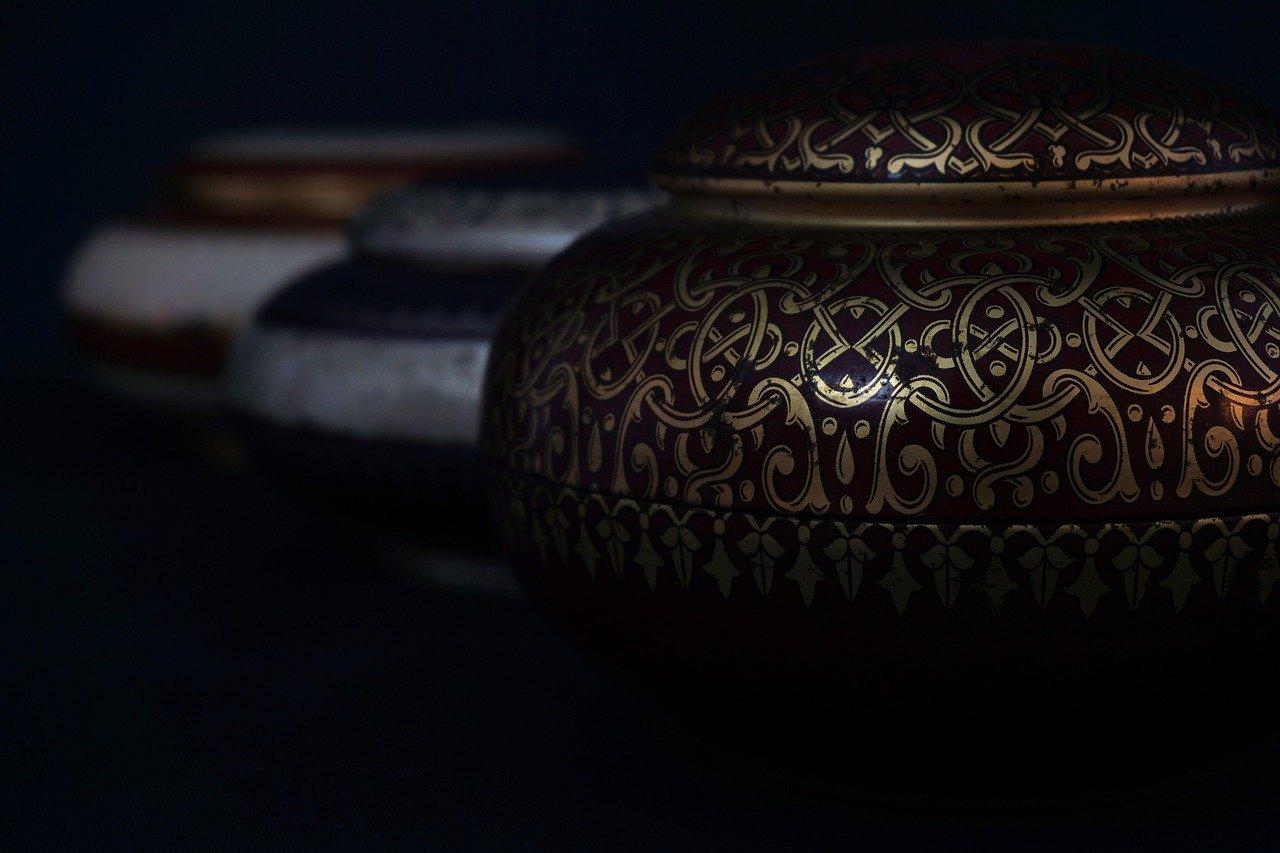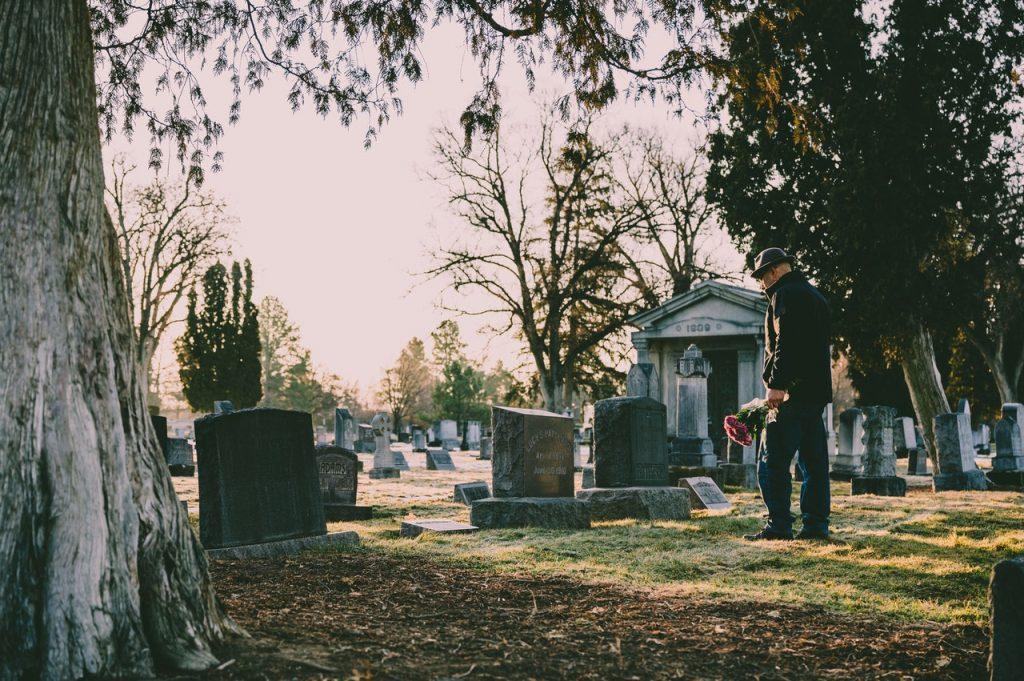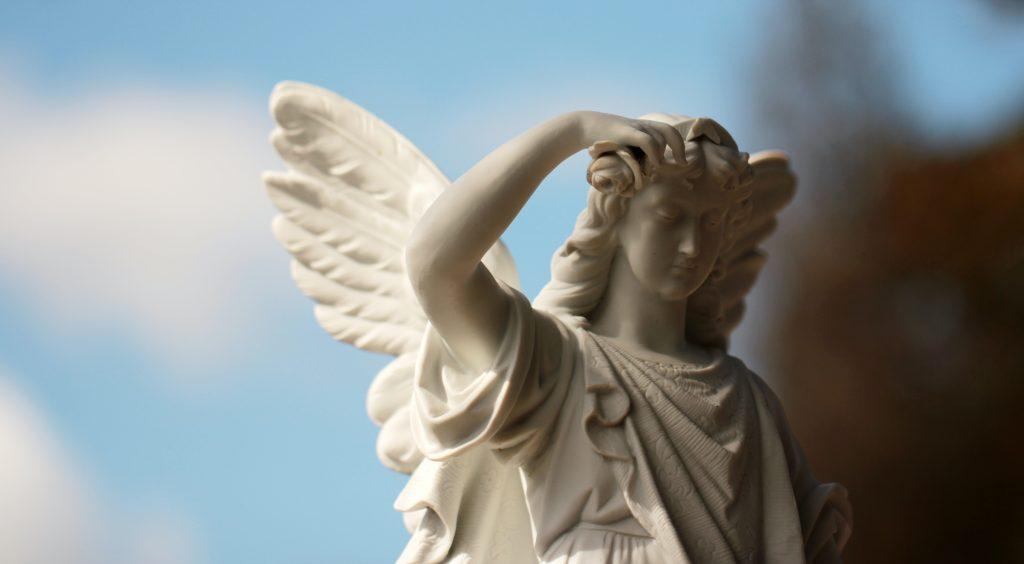Around three in four funerals use cremation in the UK today and in most cases cost has been the deciding factor. It’s simply a much more affordable option than burial.
In the end, it’s all about giving a loved one the best farewell possible and the best doesn’t always mean the most expensive. Maybe the person who has died preferred less fuss, or wanted their send off to be kinder to the planet, or maybe they would prefer you spent their estate on something else, however there are other factors to take into account.
One important consideration is having a place to ‘visit’ a loved one. Many people will find comfort in being able to visit a graveside sometimes, a tangible reminder and lasting monument to the person who has died

A basic funeral is likely to include:
- A plain, lined coffin.
- Transport of the body of the person who has died to the funeral director’s premises.
- The care of the person who has died until the funeral. This will include washing and dressing the person who has died and laying the body out but does not include embalming
- A hearse to take the body to the nearest crematorium or burial ground
- Providing people to carry the coffin
- Making all other necessary arrangements, for example, getting the required forms.
Burial also requires:
- A plot in which the person can be buried.
- A grave deed for the deceased. This shows they are entitled to a grave in a churchyard, cemetery, or wherever they are being interred.
Cremation also requires:
- Application for cremation.
- Doctors’ forms. These include a form completed by the doctor who certified the death and another independent doctor. Both forms have to be paid for, but if you’re using a funeral director, it will be included in the disbursements.
- Authorisation of cremation which is issued by the crematorium doctor, after which the cremation can go ahead.
The Pros & Cons of Cremation
The pros:
- When a person is cremated there’s no need to use embalming chemicals.
- They won’t be buried so will not be taking up space on the earth.
- It’s a more eco conscious choice.
- Loved ones can decide on a perfect spot to scatter the person’s ashes and this doesn’t have to be done immediately.
The cons:
- It’s a less ceremonial option.
- If your loved one was religious they may prefer a more traditional funeral.
- There is no physical ‘resting place’ to visit the deceased.
The Pros & Cons of Burial
The pros:
- There’s a physical resting place for loved ones to visit.
- Some people may think it’s a more natural method
- The burial doesn’t have to be in a churchyard or a cemetery it can be in a woodland for example.
- It may be required by some religions.
- The body can be exhumed if necessary.
The cons:
- If the deceased was not a resident of the area you wish to bury them in, unfortunately the cost may be significantly more.

What is the cheapest funeral a person can have?
The most affordable option is a direct cremation, which is essentially cremation without any of the traditional trappings. This would be appropriate for a person who has had no special interest in tradition or indeed religion but it still allows mourners to say a respectful farewell.
A direct cremation will have no vicar, procession, funeral vehicles or pallbearers, it’s just a fuss-free way to say goodbye. The body will be cremated almost immediately and there will be no viewing, embalming or even a traditional coffin required.
DIY funerals
There’s no legal requirement to use the services of a funeral director – you can arrange a funeral yourself.
This can save you a significant amount of money and allows you to have absolute control over the event. However, the logistics can be daunting. Some undertakers offer advice, though they will charge for this.
The Cemeteries and Crematorium department of your local council may also be able to guide you through the process.
If you decide to organise a funeral yourself, you will be responsible for, among other things:
- Collecting the body of your loved one from the place of death.
- Storage of the body until the time of the funeral.
- Registering the death.
- Deciding whether the service will be at a cemetery, crematorium chapel or other place.
- Booking the service venue.
- Appointing a minister or other official to preside over the service.
- Arranging the transport of the coffin.
- Arranging the mourners, floral tributes and (if relevant) grave digging.
- Organising the wake/reception.
So what does a burial cost compared to a cremation?
Costs can vary region to region and country to country with cost of cremation at a thousand pounds less than a standard burial which only includes the very basics.
If you would like expert advice about funeral cremations and burials please do not hesitate to contact us at Middleton’s Funeral Services.



I don’t think the title of your article matches the content lol. Just kidding, mainly because I had some doubts after reading the article.